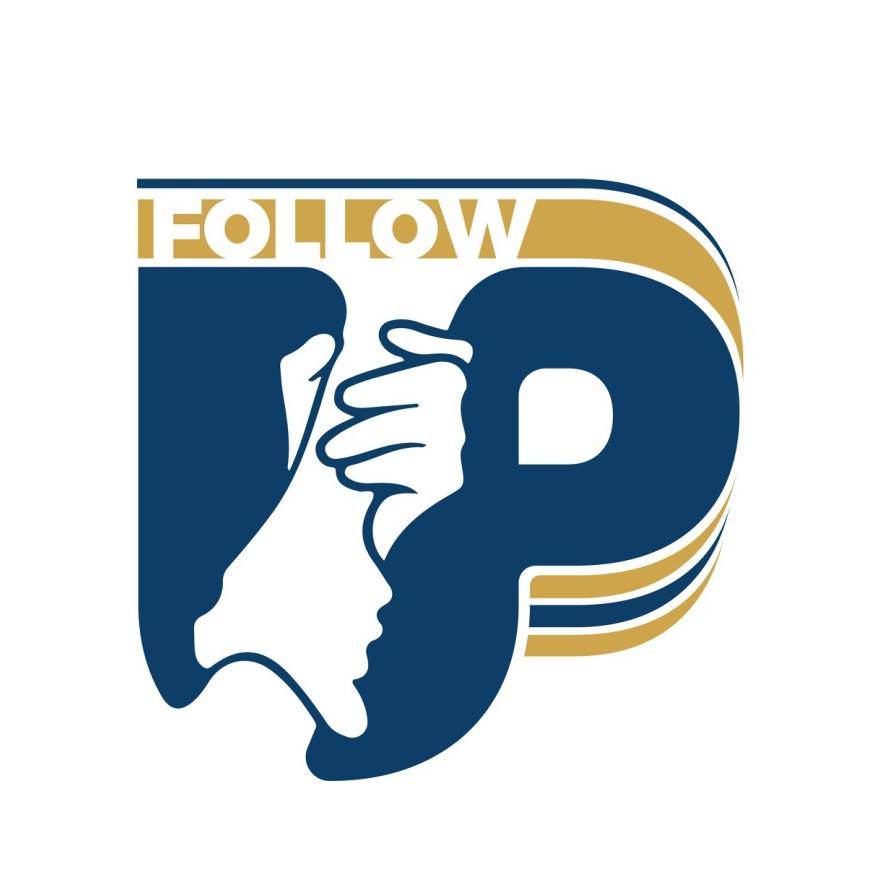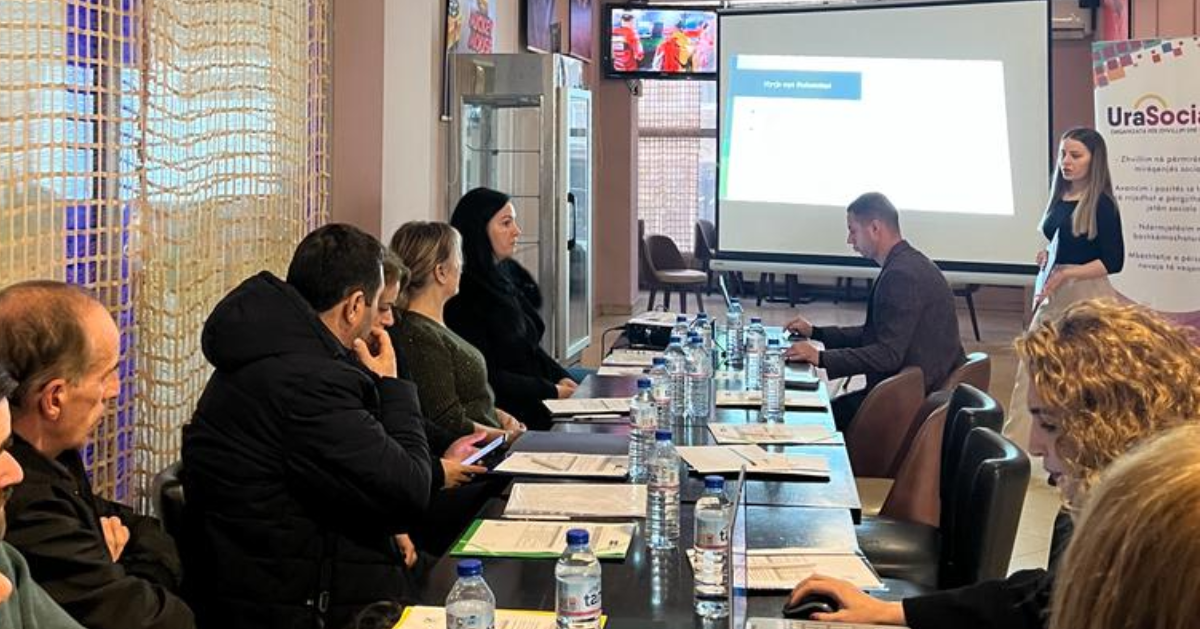On 7 March, the Kosovo Women’s Network (KWN) had the pleasure of joining the Food and Agriculture Organization (FAO) AgriTech Talk on gender-transformative digitalisation in agriculture, as a special guest.
Nicole Farnsworth, KWN Program Director and Lead Researcher, shared findings and recommendations from new research conducted by KWN for FAO: “Kosovo Gender Profile of Agriculture and Rural Livelihoods”, which will be published soon.
The study found that rural women and men have equal and almost universal access to smart phones and internet, which can support digitalisation. However, few rural women and men use technology for agriculture. The main reason is that both women and men lack knowledge and information on how to use technology for public services, accessing subsidies, researching new methods, information on prices and weather, marketing products online, business networking and expanding their agricultural activities. Additionally, women spend a lot more time caregiving than do men.
Given rural women’s comparatively lower levels of education, limited time due to care responsibilities, poor access to finance, and social norms, they have fewer possibilities to use digital technology for economic activities, including in agriculture. Thus, outreach efforts need to consider women and men’s different social circumstances that can prevent access to learning and use of technology.
Key recommendations emerging from the study are that the government needs to increase the availability of care services, public transport to rural areas, municipal advisory services, and affirmative measures to support women in agriculture with digitalisation.
Farnsworth also shared strategies for incorporating attention to gender equality into project cycle management. Gender-inclusive digital intervention should follow similar steps as any project as per best practices in project cycle management. Therefore, it must begin with gender analysis to identify the different needs of diverse women and men, she said.
She shared KWN’s innovative conceptual model and methodology for “Gender-responsive Inclusive Digital Transformation”. Adapted from UNDP’s Inclusive Digital Transformation model, it provides a framework for conducting gender analysis on digitalisation.
“We hope this model will be useful for other countries in the Western Balkans and the world in conducting comprehensive gender analysis to inform digitalisation,” she said.
Using this model, KWN is finishing a new report on gender and digitalisation, supported by the European Union and Swedish International Development Cooperation Agency as part of the Coalition for Gender Equality in the EU Accession Process (EQUAPRO) to be published soon.
FAO hosted this timely event as the United Nations Commission on the Status of Women began its discussions on “Innovation and Technological Change Education in the Digital Age – Progress toward gender equality”, which will continue through 17 March 2023.
KWN is grateful for the opportunity to share its experience and knowledge with FAO and looks forward to our continued collaboration in furthering gender equality in agriculture and digitalisation.







